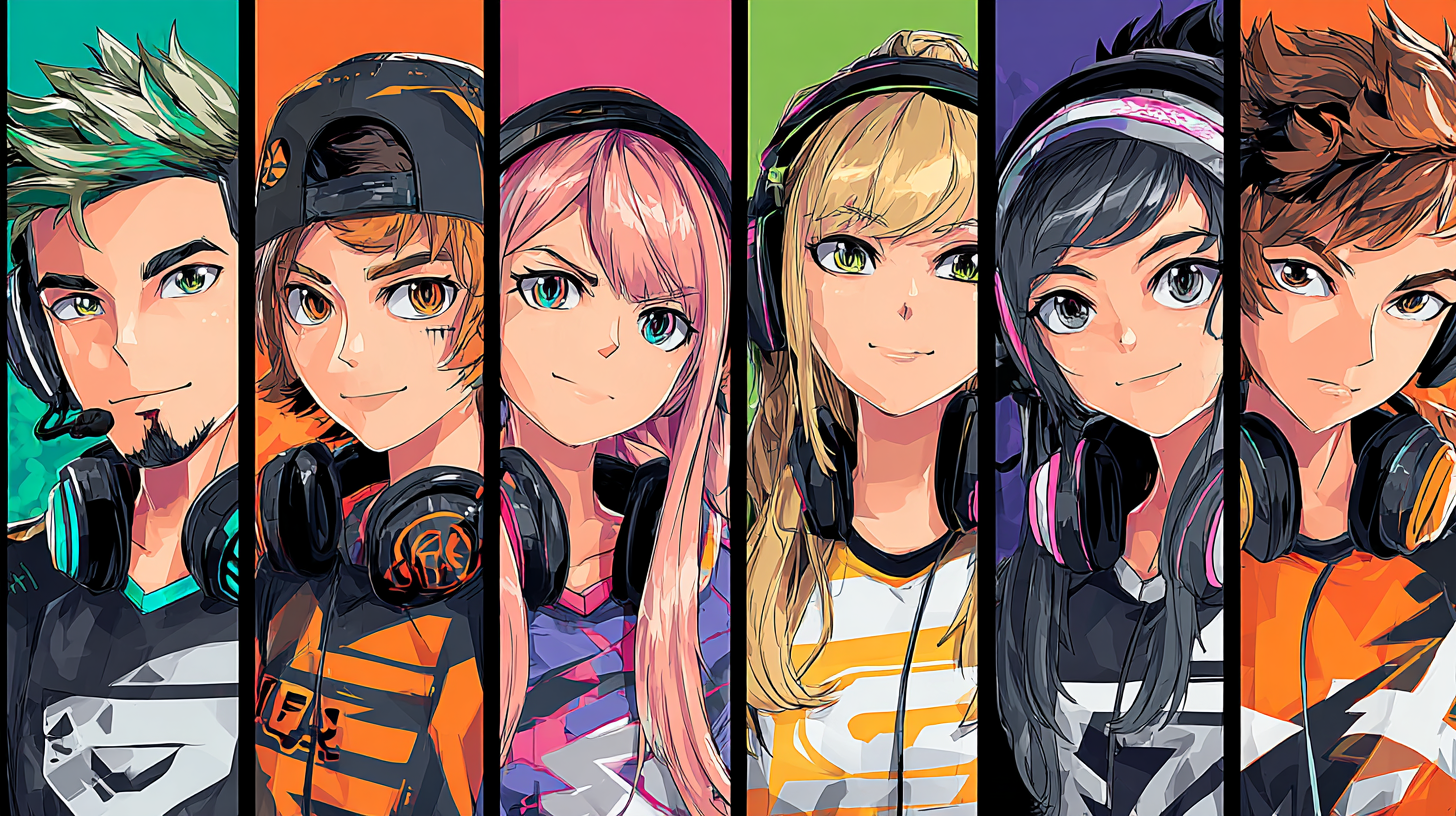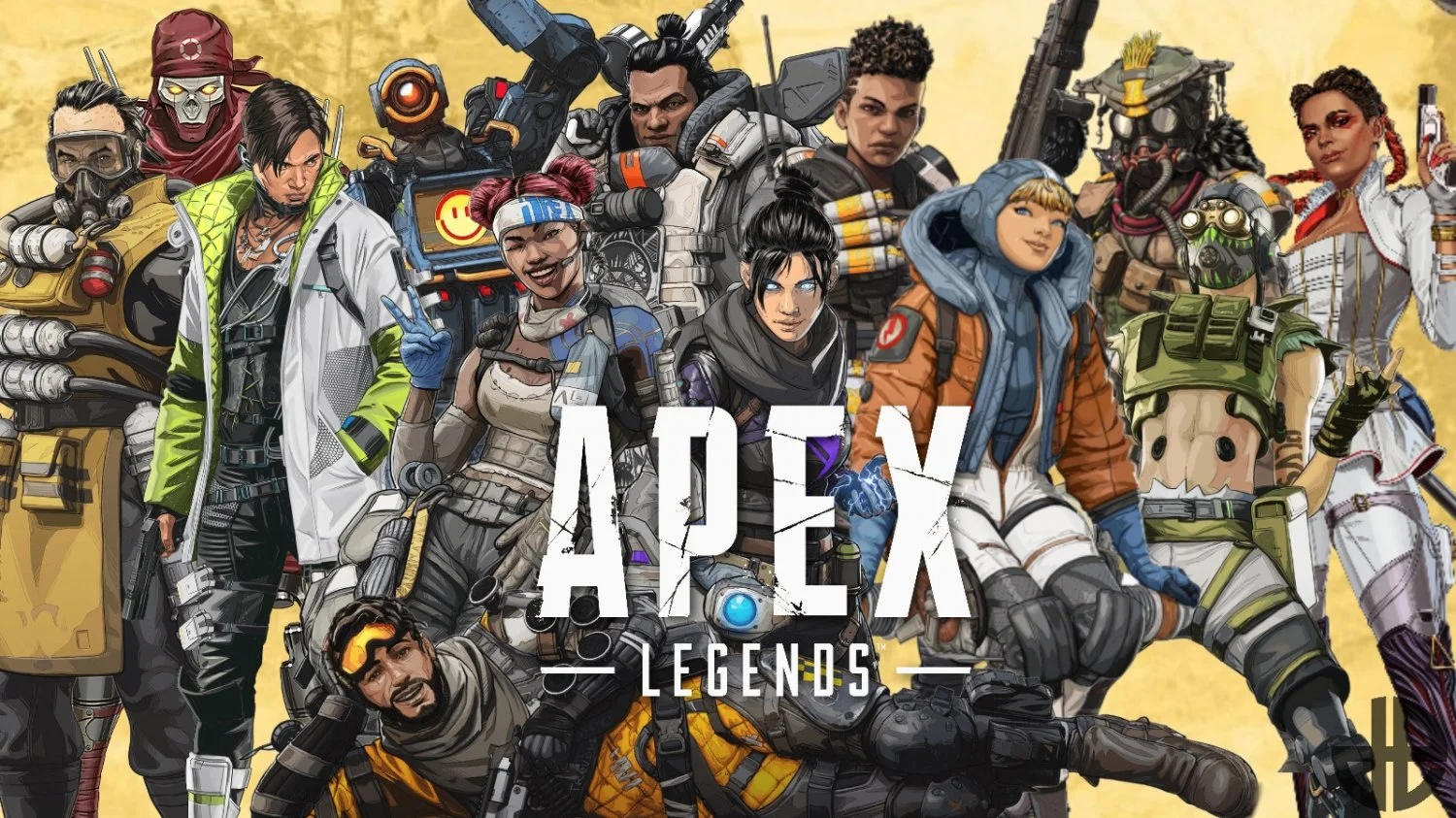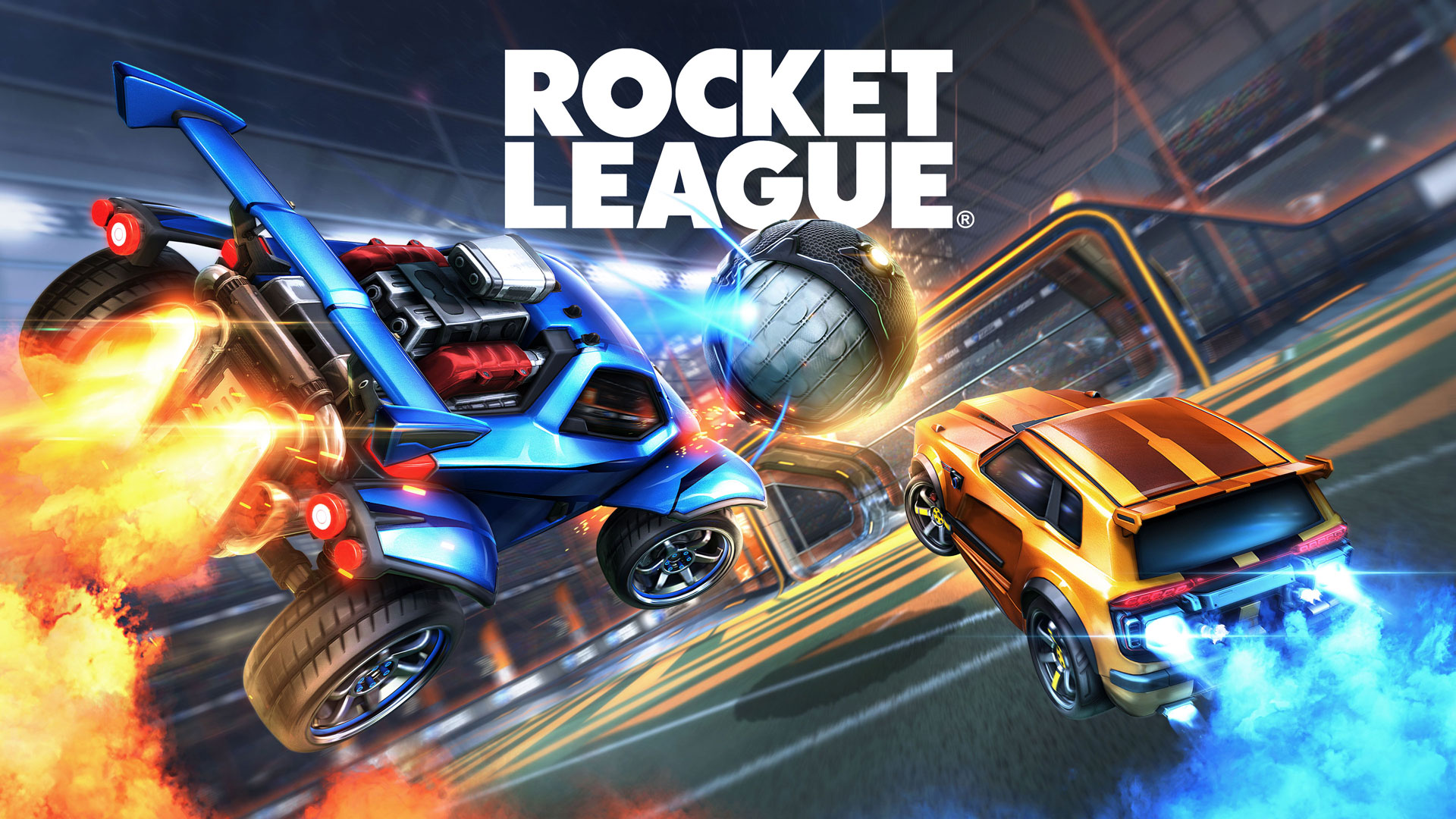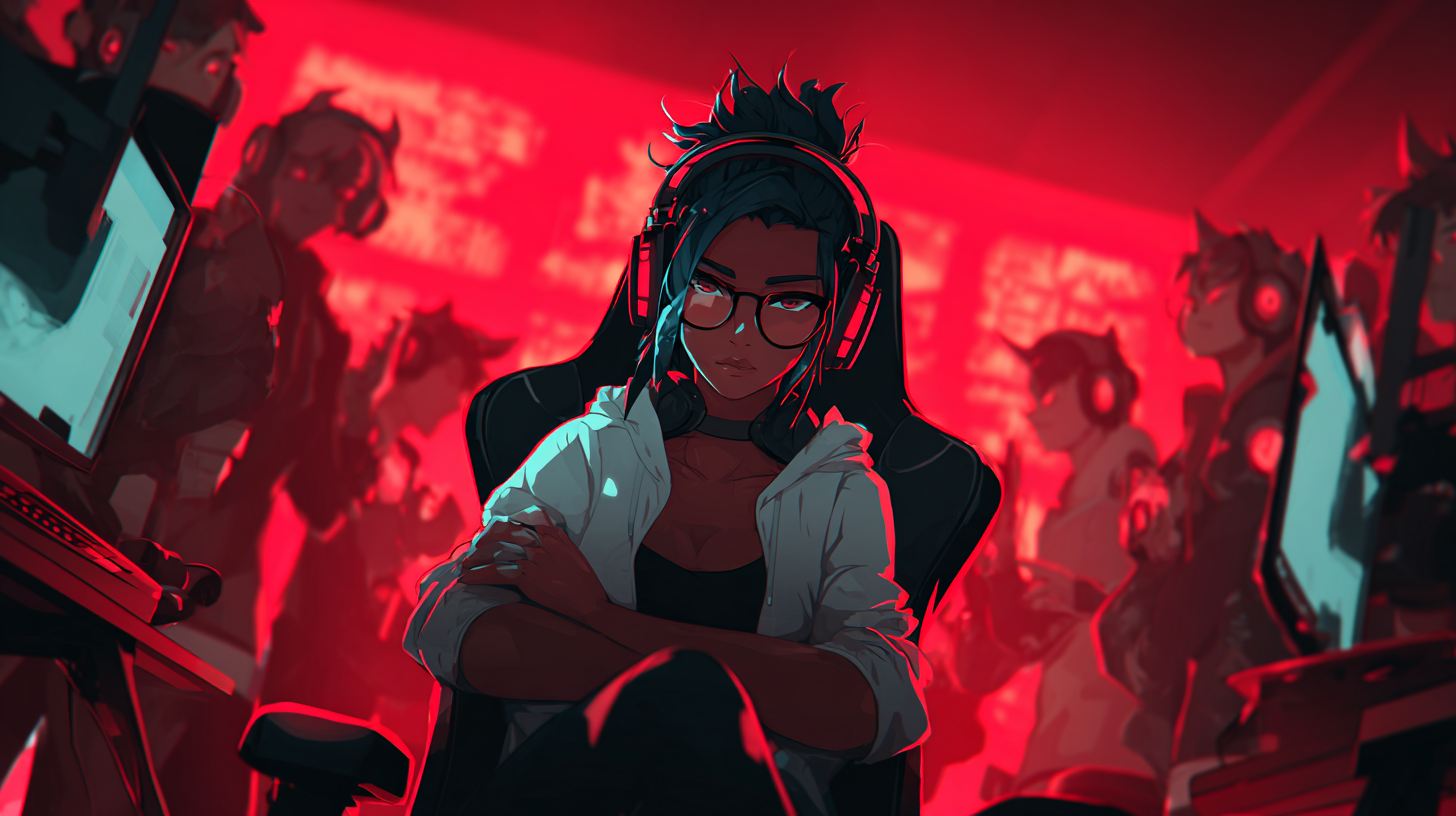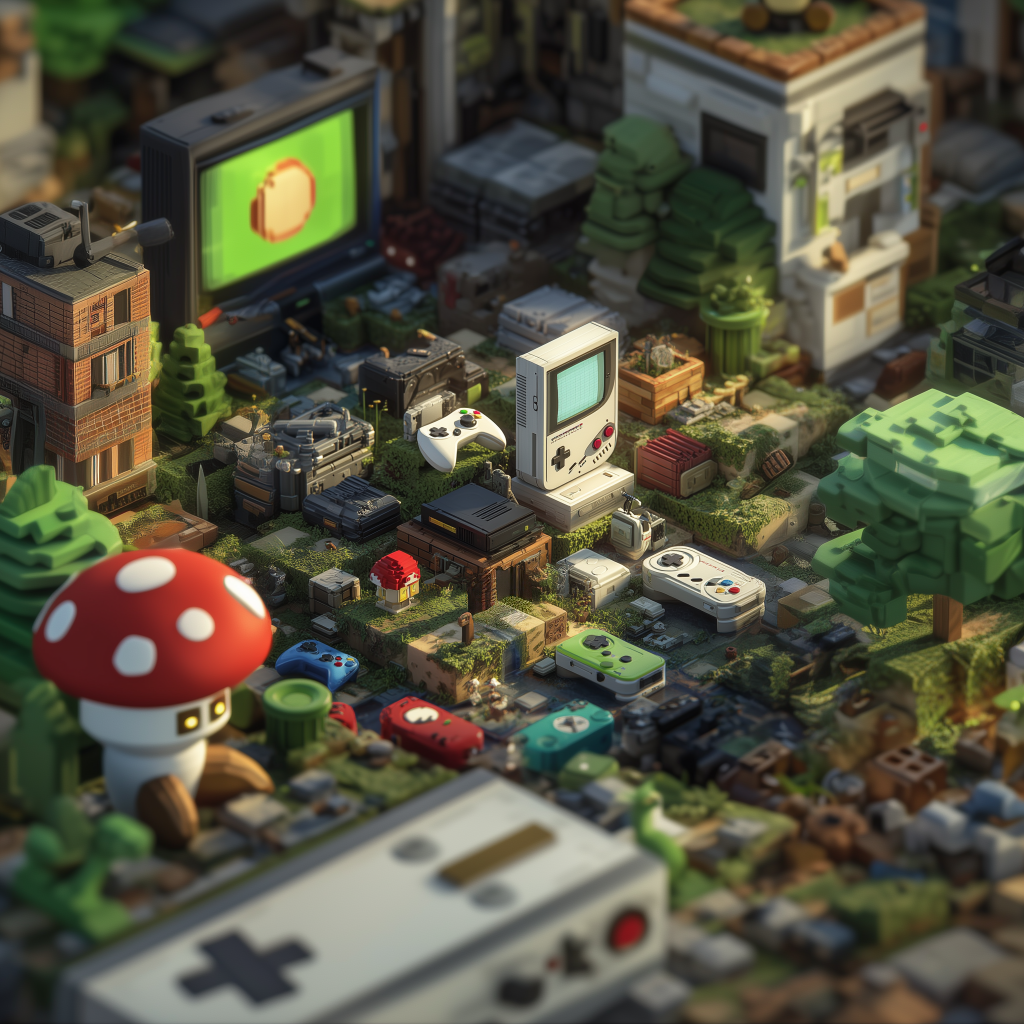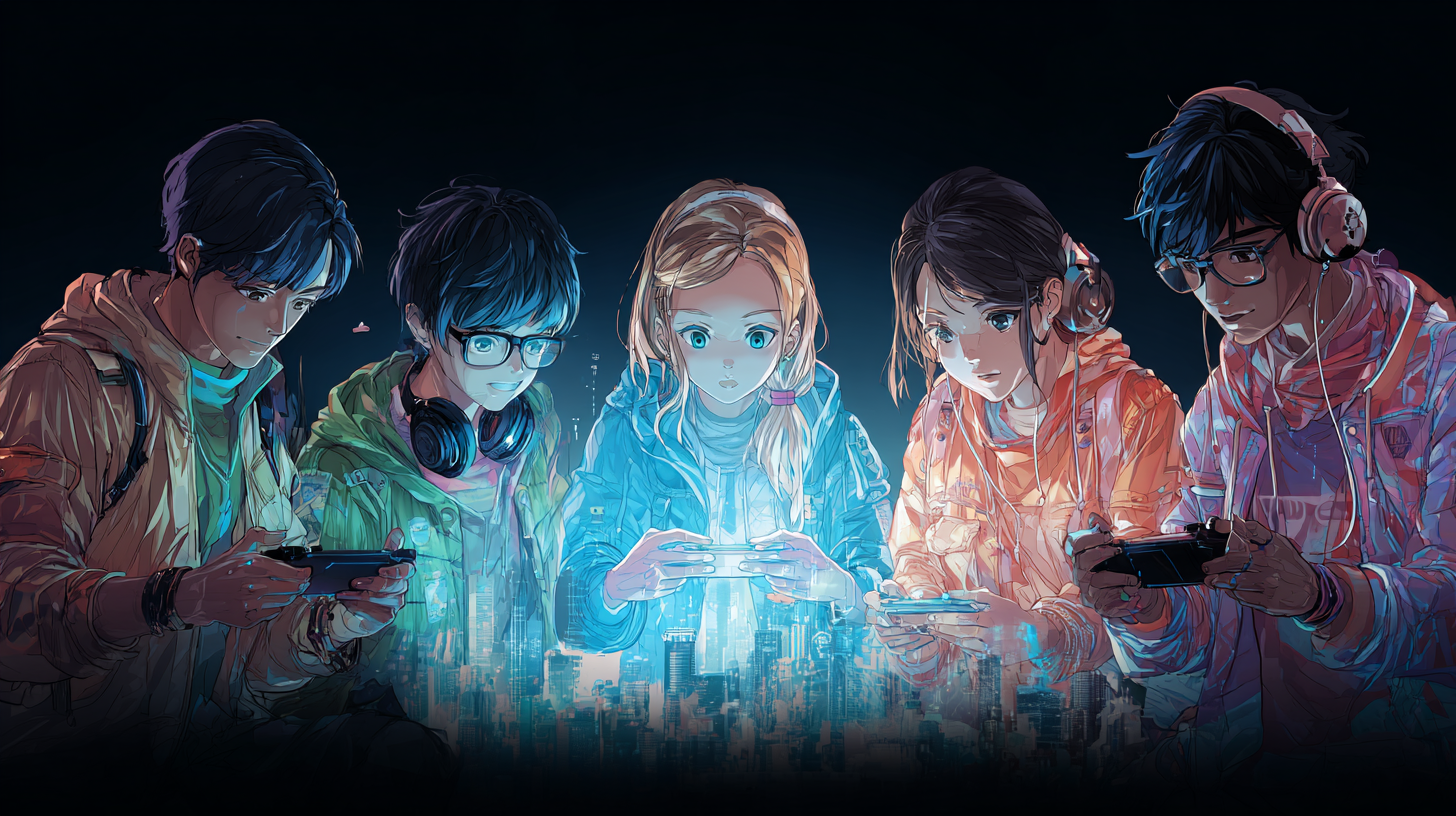You've experienced it before: that magical gaming session where everything just clicks. Callouts flow naturally, strategies execute flawlessly, and your team anticipates each other's moves before they happen. Yet the next day, with different teammates of equal skill, everything falls apart. What's the difference?
The answer lies in team chemistry – a complex psychological phenomenon that determines whether a group of talented individuals becomes an unstoppable force or a dysfunctional mess. Understanding the psychology behind gaming team chemistry isn't just academic curiosity; it's the key to consistent competitive success.
Introduction
Team chemistry in gaming goes far beyond skill matching. While mechanical ability and game knowledge matter, research shows they account for only 40% of team success. The remaining 60% comes from psychological factors: how personalities mesh, communication patterns align, and trust develops over time.
This article explores the psychological principles that separate exceptional gaming teams from mediocre ones. We'll examine personality type compatibility, communication style matching, conflict resolution strategies, and the science of building trust in competitive environments. Whether you're building a ranked squad or joining an esports organization, these insights will transform how you approach team formation.
While finding compatible teammates can be challenging, platforms like Jynx are making it easier with AI-powered matchmaking that considers psychological compatibility alongside skill metrics.
The Personality Type Framework for Gaming
Not all gamers are wired the same way, and understanding these differences is crucial for team chemistry.
The Four Core Gaming Personality Types
Psychological research adapted for gaming contexts identifies four primary personality archetypes:
The Strategic Leader
- High conscientiousness and openness
- Excels at macro strategy and shotcalling
- Needs control and clear decision-making authority
- Communication style: Direct, analytical, future-focused
- Potential friction: With other strong personalities competing for leadership
The Mechanical Specialist
- High introversion and focus on technical mastery
- Lives for mechanical outplays and precise execution
- Thrives in designated roles with clear responsibilities
- Communication style: Minimal, fact-based, in-the-moment
- Potential friction: With excessive or emotional communication
The Social Connector
- High extraversion and agreeableness
- Provides emotional support and team morale
- Excels at reading team dynamics and defusing tension
- Communication style: Encouraging, relationship-focused, expressive
- Potential friction: With purely analytical or criticism-heavy teammates
The Adaptive Competitor
- High emotional stability and resilience
- Maintains performance under pressure
- Flexible across roles and strategies
- Communication style: Balanced, solution-oriented, calm
- Potential friction: With rigid or easily tilted teammates
Why Personality Balance Matters
The most successful gaming teams don't comprise five identical personalities. Instead, they balance complementary types:
- One Strategic Leader provides direction and macro coordination
- Two-three Mechanical Specialists execute strategies with precision
- One Social Connector maintains morale and team cohesion
- Adaptable Competitors fill gaps and provide stability
Teams with personality imbalance suffer predictable problems:
- Multiple leaders create decision paralysis and ego conflicts
- All specialists lack coordination and strategic direction
- Too many social players may lack competitive edge
- Missing social element leads to toxicity and poor conflict resolution
Identifying Your Gaming Personality
Understanding your own psychological profile helps you find compatible teammates:
Self-Assessment Questions:
- Do you prefer shotcalling or executing others' plans?
- How do you respond to criticism during games?
- Are you energized or drained by extensive voice communication?
- Do you value team harmony or competitive results more?
- How quickly do you recover from losses?
Modern matchmaking platforms are beginning to incorporate these personality assessments. This is exactly why AI-powered matchmaking is revolutionizing how gamers connect – it takes all these psychological factors into account automatically, creating teams with natural chemistry from the first game.
Communication Style Compatibility
Personality types manifest most visibly in communication patterns, which make or break team chemistry.
The Three Communication Dimensions
Effective gaming communication operates across three critical dimensions:
1. Information Density
- High-density communicators: Constant callouts, detailed information
- Low-density communicators: Essential information only, quiet focus
- Mismatch result: Information overload or critical details missed
2. Emotional Expression
- Expressive communicators: Share excitement, frustration, encouragement
- Reserved communicators: Maintain neutral tone, focus on facts
- Mismatch result: Perceived negativity or emotional instability
3. Decision-Making Speed
- Decisive communicators: Make quick calls, expect immediate execution
- Deliberate communicators: Discuss options, prefer consensus
- Mismatch result: Hesitation in critical moments or rushed bad decisions
Finding Your Communication Match
Chemistry emerges when teams align on these dimensions:
Balanced Communication Pattern:
- Primary shotcaller provides decisive leadership
- Specialists deliver concise, relevant information
- Social connector adds emotional support without cluttering comms
- Everyone respects designated "quiet time" during clutch situations
Misaligned Pattern:
- Multiple people making conflicting calls
- Excessive chatter drowning out critical information
- Emotional outbursts disrupting focus
- Dead silence when coordination is needed
Developing Communication Protocols
Even mismatched communication styles can work with explicit protocols:
- Designate communication roles: Who makes strategic calls vs tactical callouts
- Establish information hierarchy: What gets communicated immediately vs later
- Create reset phrases: "Quiet comms" or "Focus time" to reduce noise
- Implement post-game debriefs: Discuss communication improvements without time pressure
Teams with strong chemistry develop these protocols naturally through repeated play. Teams struggling with chemistry need to establish them explicitly.
Conflict Resolution and Emotional Intelligence
How teams handle disagreement and tilt determines whether chemistry strengthens or shatters over time.
The Conflict Resolution Styles
Gaming teams face constant micro-conflicts: strategic disagreements, blame for mistakes, and personality clashes. How teammates approach conflict reveals their emotional intelligence:
Constructive Resolution Styles:
- Collaborative: "Let's figure out what went wrong together"
- Compromising: "How can we adjust so this works for everyone?"
- Problem-solving: "What system prevents this issue next time?"
Destructive Resolution Styles:
- Competitive: "I was right, you were wrong, end of discussion"
- Avoiding: Silence and passive-aggressive behavior
- Blaming: "We lost because you didn't do X"
Teams with strong chemistry consist of members who default to constructive approaches. Even a single member who consistently uses destructive styles can poison team dynamics.
The Tilt Contagion Effect
Tilt – emotional frustration impacting performance – spreads through teams like a virus:
The Progression:
- One player makes a mistake and becomes frustrated
- Their communication turns negative (sighing, sarcasm, blame)
- Team morale decreases, creating tension
- Other players' performance degrades under stress
- More mistakes occur, validating initial frustration
- Team enters death spiral
Breaking the Cycle:
Teams with excellent chemistry develop "tilt immunity" through several mechanisms:
- Emotional acknowledgment: "I'm tilted, need a minute" signals without spreading negativity
- Positive reframing: "Unlucky, we'll get the next one" breaks frustration momentum
- Strategic breaks: Recognizing when the team needs to reset mentally
- Accountability without blame: Discussing mistakes as team problems, not individual failures
The best teams treat emotional regulation as a core skill, practicing it as deliberately as aim training or strategy review.
Building Emotional Intelligence
Gaming teams can actively develop emotional intelligence:
Individual Level:
- Practice self-awareness during games (noticing tilt early)
- Develop emotional vocabulary beyond "tilted" and "toxic"
- Learn to receive criticism without defensiveness
Team Level:
- Establish psychological safety (mistakes are learning opportunities)
- Create team agreements about acceptable behavior
- Implement "no negativity" rules during crucial matches
- Celebrate emotional growth alongside competitive improvements
Ready to find your perfect gaming squad? Jynx's AI matchmaking analyzes playstyle, skill level, and personality to connect you with compatible teammates who share your approach to communication and emotional resilience.
The Science of Trust Building in Gaming
Trust transforms groups into teams, enabling the coordination that defines exceptional chemistry.
What Gaming Trust Actually Means
In competitive gaming, trust operates on three levels:
Competency Trust
- "I believe you have the skill to execute your role"
- Built through: Demonstrated performance, consistency, mechanical skill
- Destroyed by: Repeated mistakes, unreliability, exaggerating abilities
Reliability Trust
- "I believe you'll be there when needed"
- Built through: Consistent availability, keeping commitments, punctuality
- Destroyed by: Ghosting, last-minute cancellations, inconsistent effort
Vulnerability Trust
- "I feel safe admitting mistakes and weaknesses"
- Built through: Supportive responses to errors, shared struggles, psychological safety
- Destroyed by: Blame, public criticism, mockery
Teams with perfect chemistry possess all three trust levels. Most teams develop competency and reliability trust but struggle with vulnerability trust – and that missing piece prevents them from reaching their potential.
The Trust-Building Timeline
Trust doesn't develop instantly; it follows a predictable progression:
Phase 1: Transactional Cooperation (Games 1-5)
- Players perform their roles mechanically
- Communication is purely functional
- Mistakes create silent judgment
- Chemistry feels forced
Phase 2: Coordinated Execution (Games 6-15)
- Basic synergies emerge
- Players understand each other's tendencies
- Some banter and personality appears
- Chemistry becomes natural in routine situations
Phase 3: Intuitive Coordination (Games 16-30)
- Teammates anticipate each other's actions
- Non-verbal coordination increases
- Comfortable giving and receiving feedback
- Chemistry extends to high-pressure situations
Phase 4: Deep Trust (Games 31+)
- Vulnerability trust fully developed
- Team handles adversity together
- Individual weaknesses openly discussed
- Chemistry becomes team's competitive advantage
Most gaming teams never reach Phase 4 because they lack patience or compatible foundation. Teams matched on psychological compatibility reach it 3-4x faster than randomly assembled groups.
Accelerating Trust Development
While trust requires time, certain practices accelerate development:
During Games:
- Verbalize positive observations ("Nice trade," "Good call")
- Take shared responsibility for mistakes ("My bad positioning cost us that")
- Ask for help openly ("I'm struggling against their comp, suggestions?")
Outside Games:
- Share personal gaming journeys and goals
- Discuss individual improvement areas honestly
- Spend time together in non-competitive environments
- Create team rituals and traditions
System Level:
- Implement trial periods where expectations are clarified
- Create regular check-ins about team dynamics
- Celebrate milestones together
- Address trust violations immediately and directly
Teams that deliberately build trust develop chemistry exponentially faster than those hoping it emerges naturally.
How Jynx Leverages Psychology for Better Matches
Understanding team chemistry psychology is valuable, but implementing it is challenging. Modern AI-powered matchmaking platforms apply these principles systematically.
Jynx's matching algorithm incorporates psychological compatibility through its 4-factor AI scoring system:
Playstyle Compatibility (40%): Matches aggressive with aggressive, tactical with tactical Communication Preferences (30%): Aligns information density and emotional expression patterns Schedule Alignment (20%): Ensures consistent availability for trust-building repetition Language Match (10%): Eliminates communication barriers
Beyond basic matching, Jynx's behavioral analysis and toxicity filtering ensure you connect with emotionally intelligent players. The platform's continuous learning from match outcomes means the algorithm improves at predicting chemistry over time, understanding which psychological combinations produce lasting teams.
The graph-based team formation feature creates balanced groups by considering personality distribution, ensuring you don't end up with five strategic leaders competing for control or five specialists lacking coordination.
With a 0.7 score threshold for quality matches, Jynx prioritizes chemistry over quantity, connecting you only with teammates who have genuine compatibility potential.
Conclusion
Perfect gaming team chemistry isn't magic – it's psychology. Understanding personality types, communication styles, conflict resolution approaches, and trust-building dynamics gives you the framework to build exceptional teams deliberately rather than hoping for lucky matchmaking.
The most successful competitive gamers recognize that psychological compatibility matters as much as mechanical skill. They invest time understanding their own gaming personality, seeking teammates with complementary traits, and deliberately building trust through consistent positive interactions.
Whether you're assembling a casual squad or building a competitive roster, these psychological principles provide the foundation for chemistry that transforms good teams into great ones. Start by assessing your own gaming personality and communication style, then seek teammates who complement rather than clone your approach.
Download Jynx today and discover how AI can help you find the perfect gaming teammates in minutes – players matched not just on skill, but on the psychological factors that create chemistry from the first game.
Frequently Asked Questions
Q: Can teams with incompatible personalities still develop chemistry? A: Yes, but it requires significantly more effort and explicit protocols. Compatible personalities develop natural chemistry 3-4x faster. Teams with incompatible core personalities need clear communication rules, defined roles, and strong leadership to compensate.
Q: How long should I give a new team before deciding chemistry won't develop? A: Most teams show chemistry indicators within 10-15 games. If you're still experiencing constant communication issues, strategic disagreements, or emotional tension after 20 games together, fundamental compatibility problems likely exist.
Q: Is it better to play with friends or people I have better chemistry with? A: This depends on your goals. For competitive success, chemistry beats friendship. However, many gamers prioritize fun over ranking up. The ideal scenario is finding friends who also have natural chemistry with you – these relationships often extend beyond gaming.
Q: What if I'm the only one on my team interested in improving chemistry? A: You can't force team chemistry development alone. Focus on controlling your own communication and emotional responses. If teammates aren't receptive after expressing your concerns, consider finding a team that values chemistry as much as you do.
Q: Do professional esports teams use personality assessments? A: Increasingly, yes. Top organizations now incorporate psychological profiling in recruitment and roster building. They recognize that five superstar players with poor chemistry lose to coordinated teams with slightly lower individual skill.
